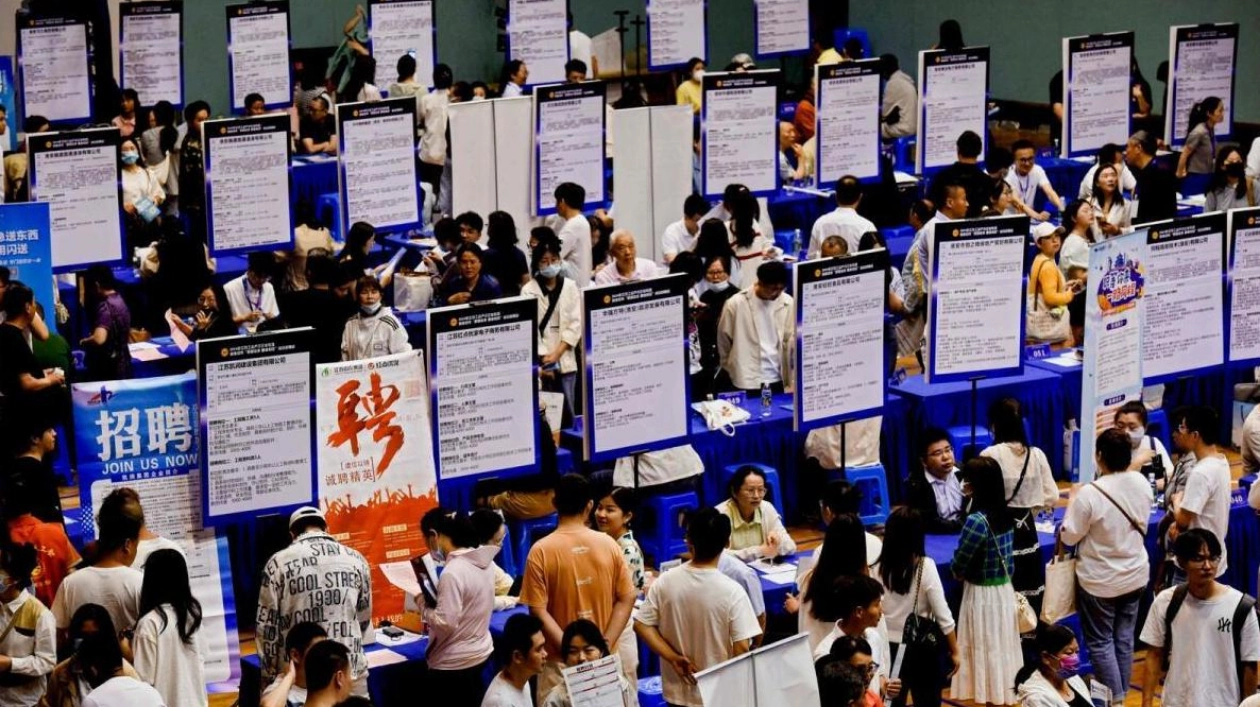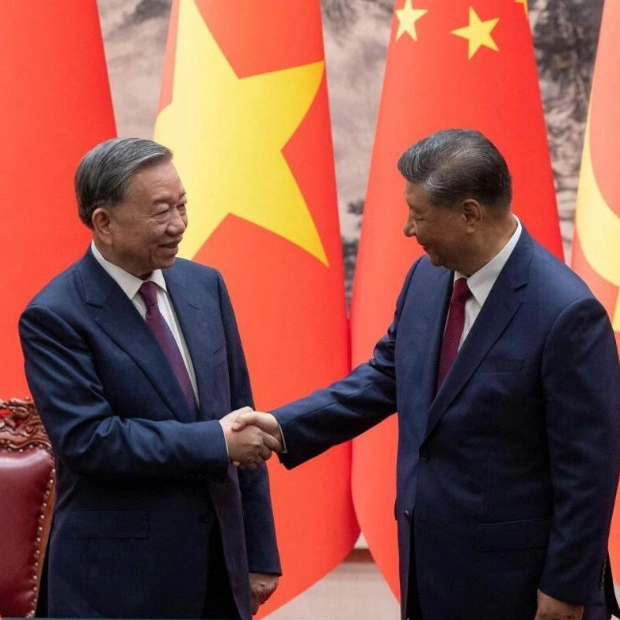Official data revealed that youth unemployment in China rose to 17.1 percent in July, marking the highest rate this year as the world's second-largest economy grapples with increasing challenges. China is currently combating high levels of joblessness among the youth, a heavily indebted real estate sector, and escalating trade tensions with the West.
Chinese Premier Li Qiang, who oversees economic policy, urged for the concerns of struggling companies to be acknowledged and addressed, as reported by the state news agency Xinhua. The unemployment rate among 16- to 24-year-olds, released by the National Bureau of Statistics (NBS), significantly increased from June's 13.2 percent.
This key metric reached a peak of 21.3 percent in June 2023, after which the authorities halted the publication of these figures and revised their methodology to exclude students. The graduation of nearly 12 million students from Chinese universities in June exacerbated the competitive job market, likely contributing to the sharp rise in unemployment in July.
In May, President Xi Jinping identified tackling youth unemployment as a 'top priority'. The unemployment rate among 25- to 29-year-olds for July was 6.5 percent, up from 6.4 percent in the previous month. For the entire workforce, the unemployment rate stood at 5.2 percent. However, the NBS data only reflects urban areas, providing an incomplete view of China's overall employment situation.
The latest unemployment figures follow other disheartening economic indicators from Beijing, including subdued industrial production figures, despite recent government efforts to stimulate growth. Industrial production growth slowed in July, with a 5.1 percent expansion, down from June's 5.3 percent and below analyst expectations. Major Chinese cities also saw a further decline in real estate prices last month, indicating weak demand.
Additionally, demand for bank loans contracted for the first time in nearly two decades, according to recent official data. International pressures are also intensifying, with the European Union and the United States increasingly implementing trade barriers to shield their markets from low-cost Chinese products and perceived unfair competition.






